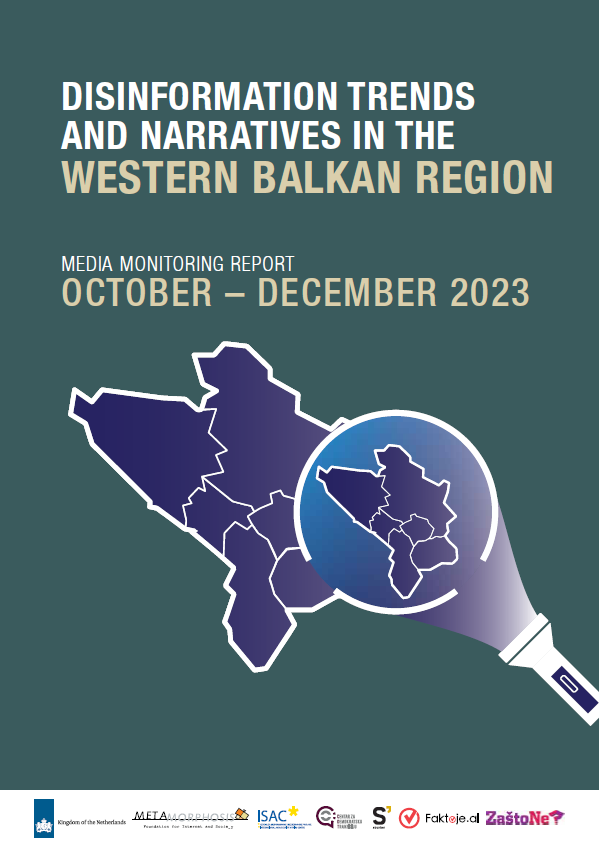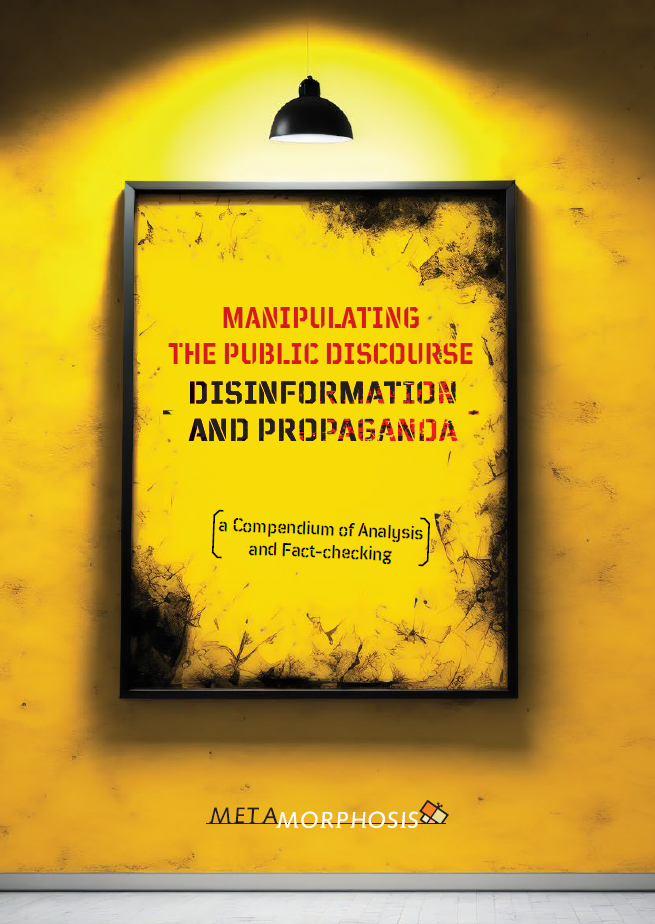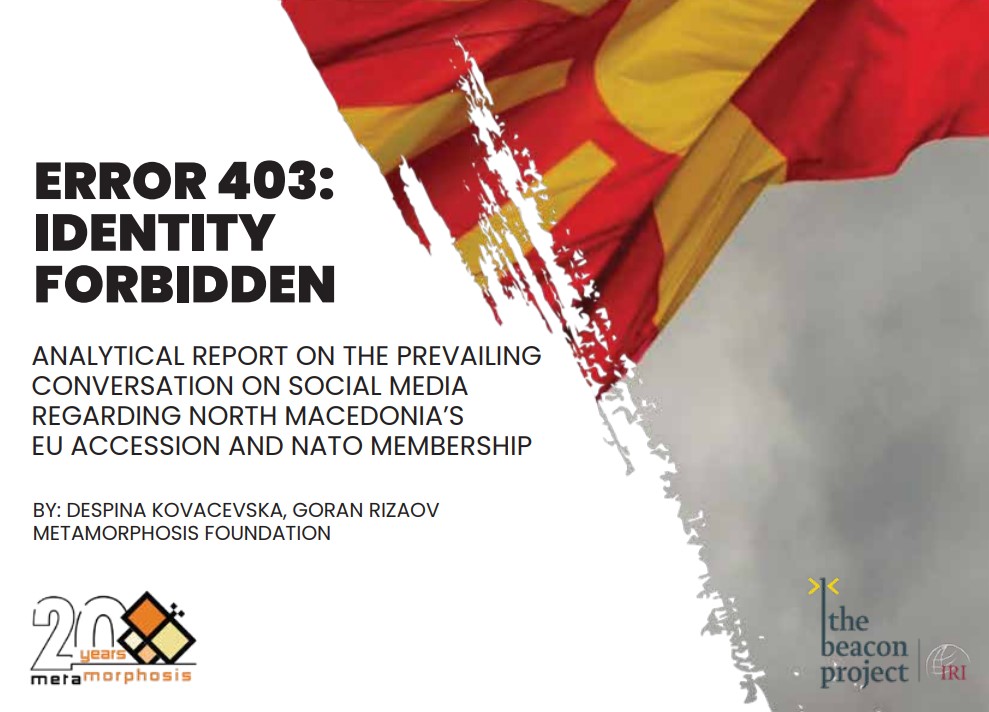“We should not aim for the security of cyberspace but for security in cyberspace.”
Chapter 5, namely The rise of hate online: Hate speech in cyber space targeted at women in North Macedonia is based on a research conducted in North Macedonia aimed at identifying the gendered component of reported cases of online hate speech and exploring discrepancies in the treatment of these cases by authorities in North Macedonia.
This infographic was produced as part of the project “Good governance in cyber security in the Western Balkans” implemented by DCAF – Geneva Center for Security Sector Management and funded by the UK Government’s Foreign Office, Commonwealth and Development. The content of this animation is the sole responsibility of the Metamorphosis Foundation and in no way reflects the views of DCAF and the donor.




























